Should leaders enjoy vacation during crises
- Update Time : Wednesday, September 4, 2024
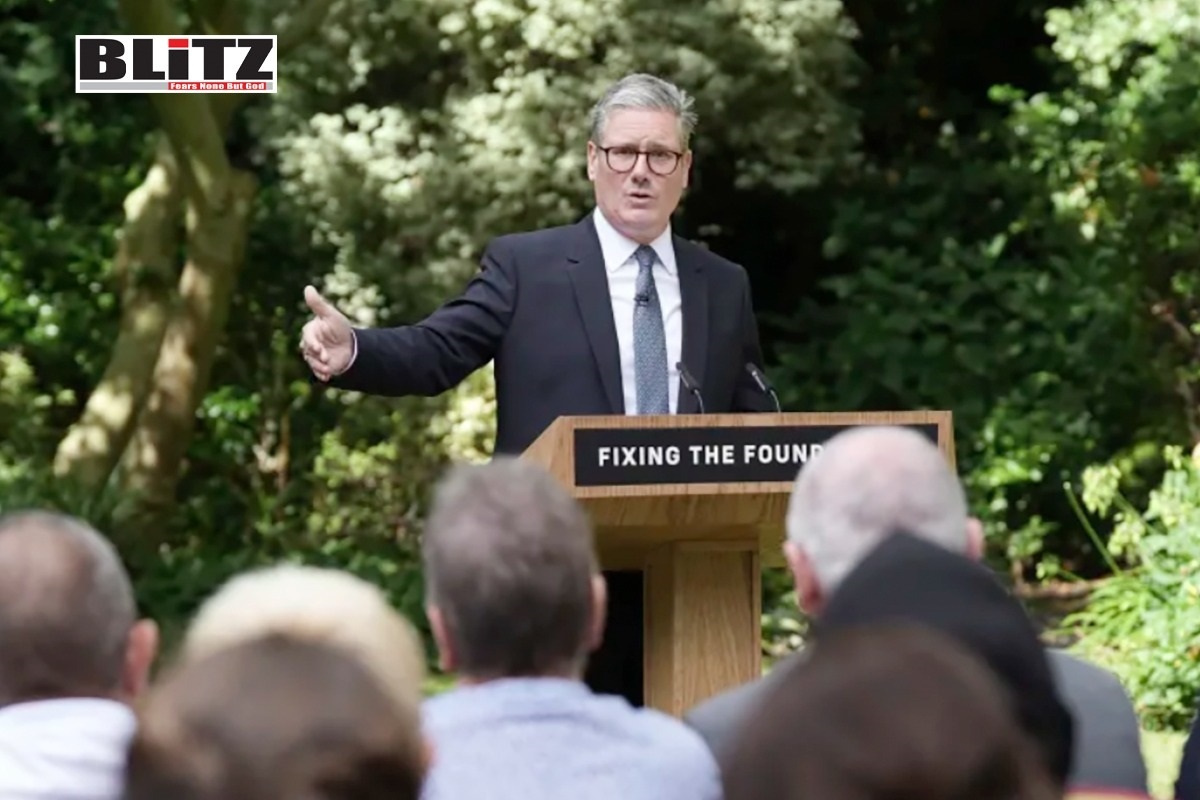
As summer draws to a close, the routine of work and responsibilities resumes across the Northern Hemisphere. For political leaders, this period often sparks debate over whether they should take vacations, especially in times of crisis. Some argue that vacations are essential for recharging and enhancing performance, while others contend that leaders should always be on duty, particularly when their nations face significant challenges. The recent decision by British Prime Minister Keir Starmer to cancel his summer holiday amid widespread riots in the UK exemplifies the tension between these two perspectives, highlighting the delicate balance leaders must strike between personal well-being and public duty.
Keir Starmer’s decision to forego his summer holiday was a response to the riots that have erupted across the UK, a situation that demands strong leadership and a firm commitment to restoring order. By choosing to remain at his post, Starmer sent a clear message about the gravity of the situation and his dedication to addressing it. This decision starkly contrasts with the actions of former UK Foreign Secretary Dominic Raab, who chose to stay on holiday in Greece as the Afghan government collapsed in August 2021. Raab’s decision, which he later expressed regret for, triggered widespread public outrage, as many felt he had shirked his responsibilities during a critical moment in international affairs.
Starmer’s choice underscores a fundamental expectation that political leaders should be present and actively engaged during crises. The public often views their leaders’ actions through the lens of responsibility and accountability, expecting them to prioritize national interests over personal leisure. In this context, Starmer’s cancellation of his holiday can be seen as an attempt to fulfill these expectations and demonstrate his commitment to the country’s stability.
In some countries, the notion of political leaders taking vacations is virtually taboo. In India, under Prime Minister Narendra Modi, it is almost unthinkable for a minister to take an extended break, reflecting a broader cultural expectation that leaders should always be on duty. Similarly, Chinese leaders tend to vacation in secret, perhaps to avoid public scrutiny and criticism. The expectation in these countries is that leaders should be constantly available to address any issues that may arise, reinforcing the idea that their role is one of perpetual vigilance and readiness.
This expectation is not limited to Asian countries. In August 2022, French President Emmanuel Macron faced heavy criticism after being photographed on a jet ski at his vacation home at Fort de Bregancon while the country was grappling with unprecedented wildfires. Macron’s decision to continue his vacation, despite the ongoing crisis, was seen by many as a failure to acknowledge the severity of the situation and an abdication of his responsibilities as the nation’s leader.
One of the strongest objections to political leaders taking vacations is the perception that it can appear unpatriotic, especially when the trips are lavish or extravagant. When public officials, such as US Supreme Court justices, fly on private jets and stay at luxury resorts, often paid for by those seeking to influence them, it inevitably raises concerns about corruption and conflicts of interest. Such behavior can erode public trust, as it suggests that leaders are more interested in their own comfort and luxury than in serving the people who elected them.
This perception is particularly damaging when many working people cannot afford a holiday themselves. In times of economic hardship, when citizens are asked to tighten their belts, seeing their leaders enjoy lavish, paid-for vacations can exacerbate feelings of inequality and disillusionment with the political system. Leaders, therefore, must be mindful of the optics of their vacation choices, prioritizing restraint over excess and avoiding any appearance of impropriety.
Despite the criticisms, there is a strong case to be made for allowing political leaders to take vacations. Proponents argue that leaders, like anyone else, need time to rest, spend with their families, and recharge. A healthy work-life balance is crucial for maintaining mental and physical health, which in turn can enhance decision-making and overall performance.
Research supports the idea that taking breaks can lead to better outcomes. A 2023 study, for example, found that holidays “meaningfully improve” the accuracy of equity analysts’ earnings forecasts, with the benefit being equivalent to gaining 20 additional months of experience. Similarly, a 2019 study showed that decision fatigue-a phenomenon where continued decision-making without breaks leads to a decline in the quality of those decisions-can significantly affect performance. In the context of healthcare, for instance, the study found that nurses and surgeons benefit from regular breaks, with better decision-making and improved health outcomes as a result.
For political leaders, who must constantly make complex decisions with far-reaching consequences, the risks of decision fatigue are particularly high. When leaders are fatigued, they are more likely to rely on habits, false analogies, and heuristics, which can undermine their ability to govern effectively. Taking time off to clear their minds and recharge can help prevent these pitfalls, ensuring that they are better equipped to handle the challenges that arise.
The challenge for political leaders is to strike the right balance between taking time off and remaining vigilant. In some countries, mechanisms are in place to ensure that leaders can fulfill their duties even while on vacation. In France, for example, ministers are required to vacation within two hours of Paris so that they can quickly return to their posts if needed. Similarly, when China faced devastating floods last year, President Xi Jinping’s chief of staff and government experts were called to his official holiday residence in Beidaihe, a coastal resort not far from Beijing, to ensure that the government could respond effectively to the crisis.
This approach allows leaders to take necessary breaks without completely disengaging from their responsibilities. It acknowledges the importance of rest while also recognizing the need for leaders to be available during critical moments. By striking this balance, leaders can model a healthy work-life balance while still fulfilling their duties to their country.
In conclusion, the debate over whether political leaders should take vacations is complex, with valid arguments on both sides. While it is crucial for leaders to be available during times of crisis and to avoid extravagant holidays that may appear unpatriotic or corrupt, it is also important to recognize the benefits of taking time off. A well-rested leader is likely to make better decisions, benefiting not only themselves but also the country they serve.
Ultimately, the key lies in finding a sensible approach to vacation policies for political leaders-one that allows them to recharge without neglecting their responsibilities. By prioritizing restraint and remaining vigilant, leaders can enjoy the benefits of a well-deserved break while continuing to serve their countries effectively.



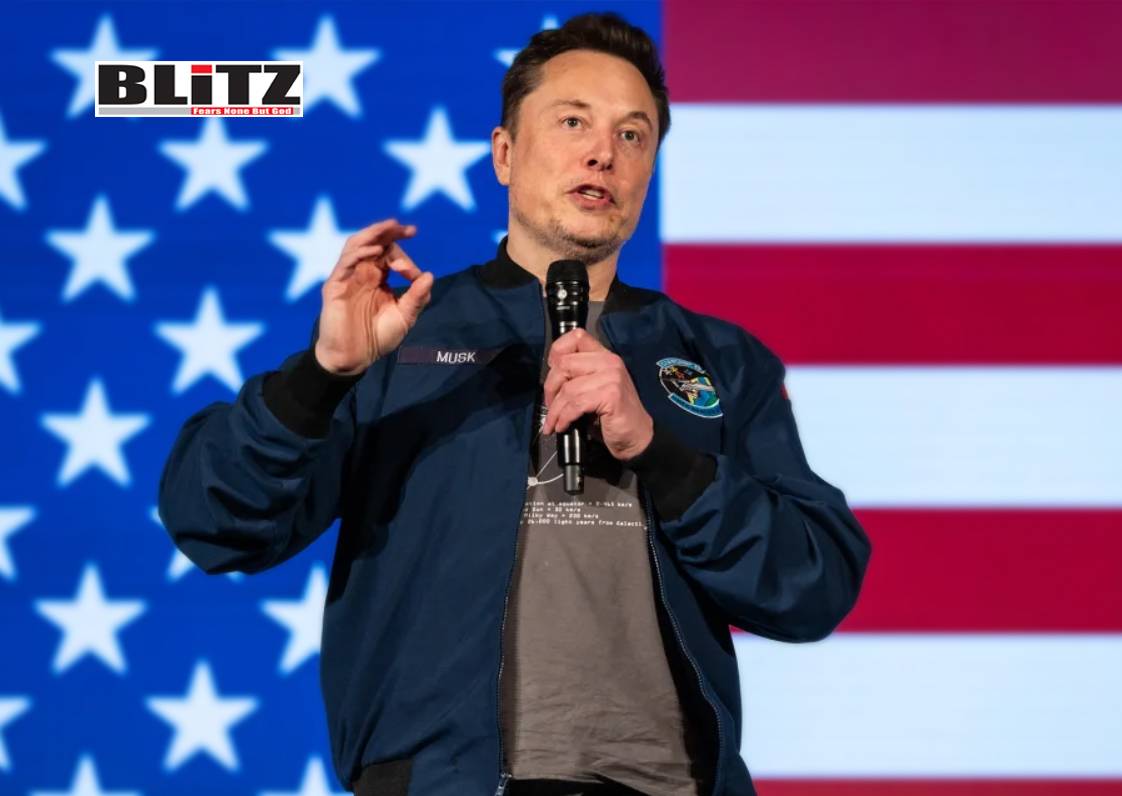
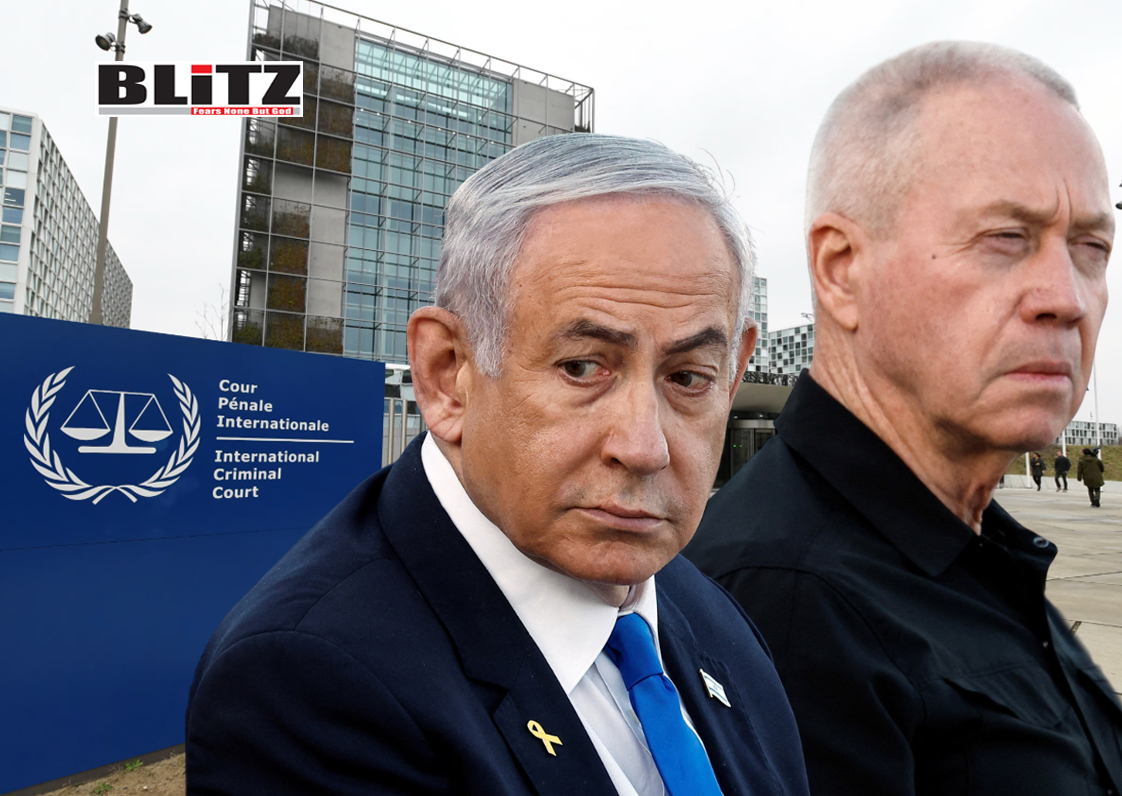


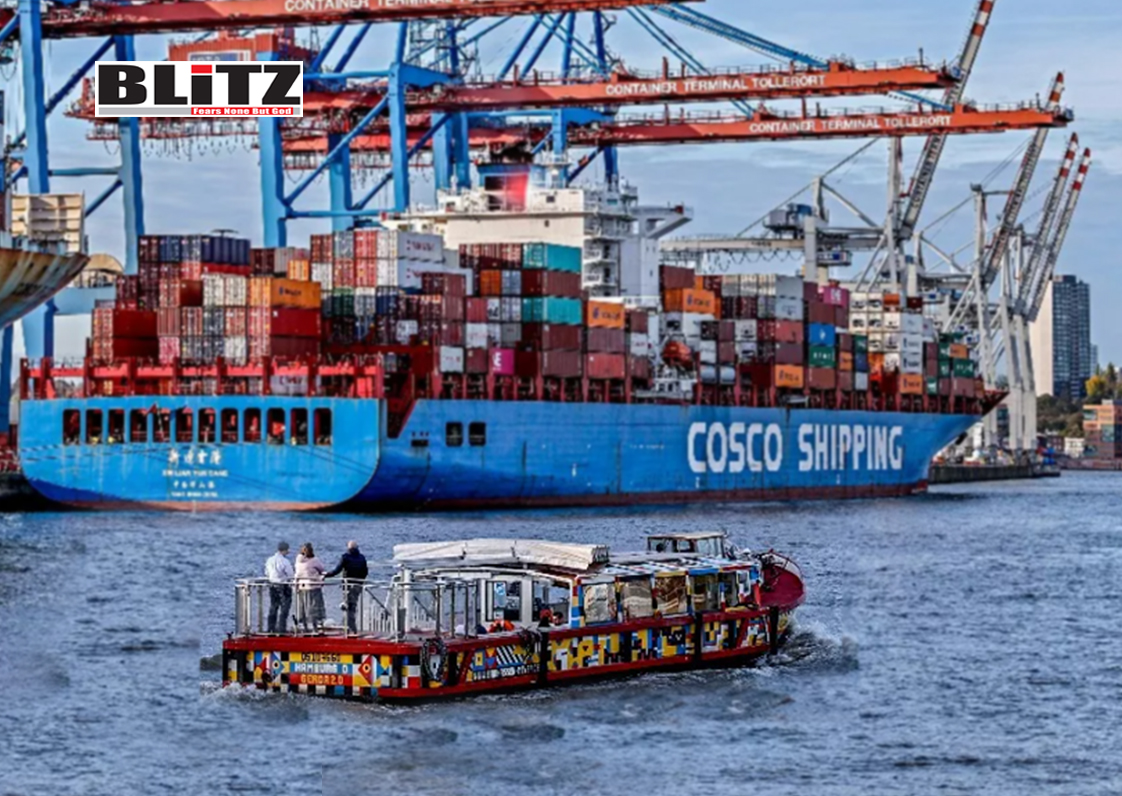
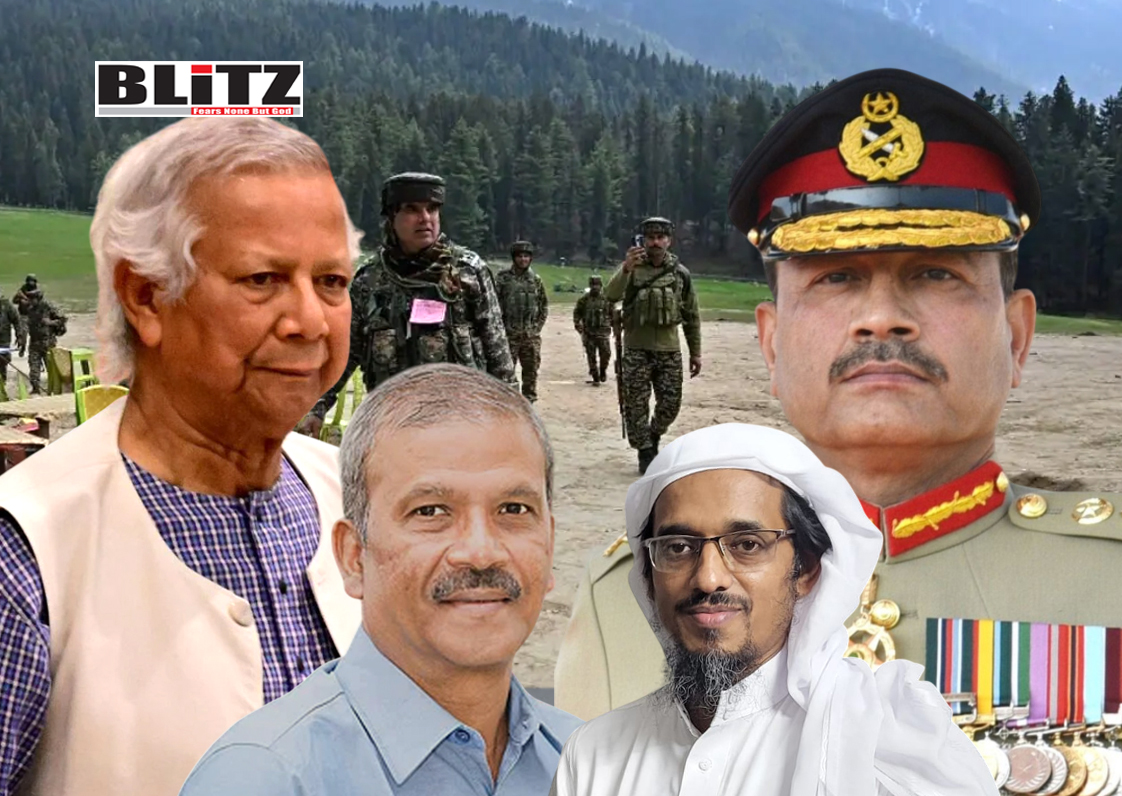
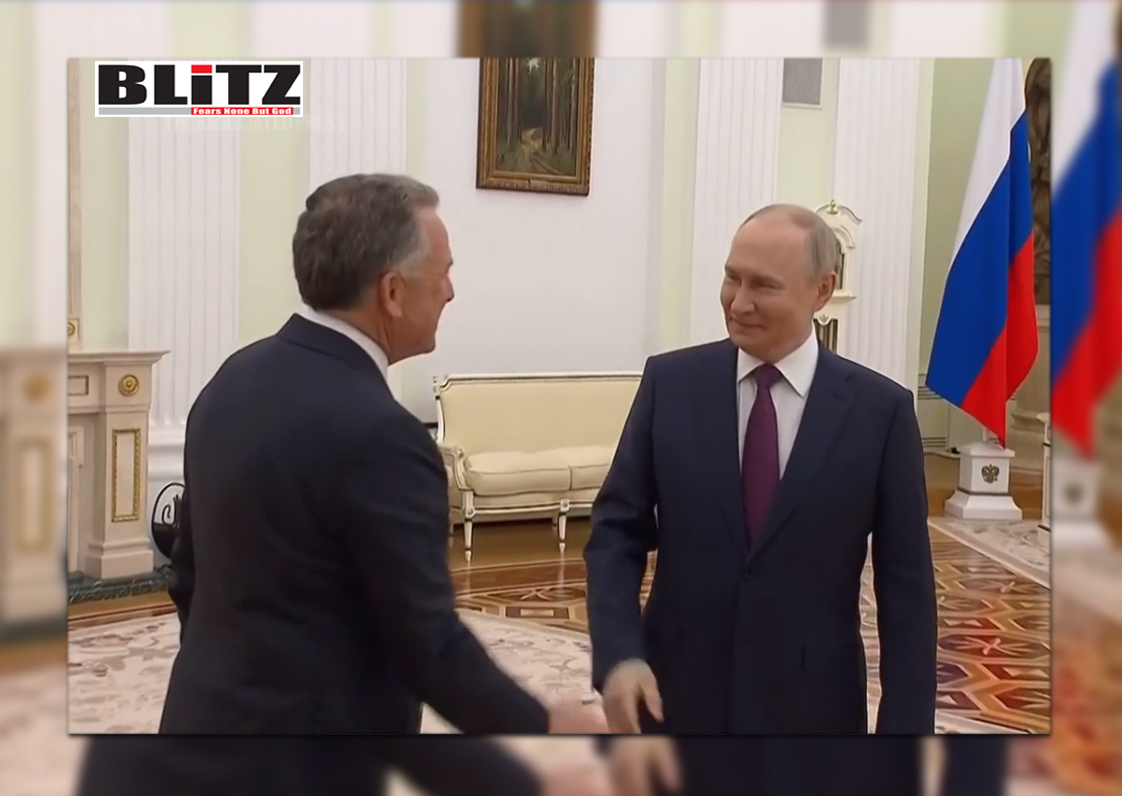
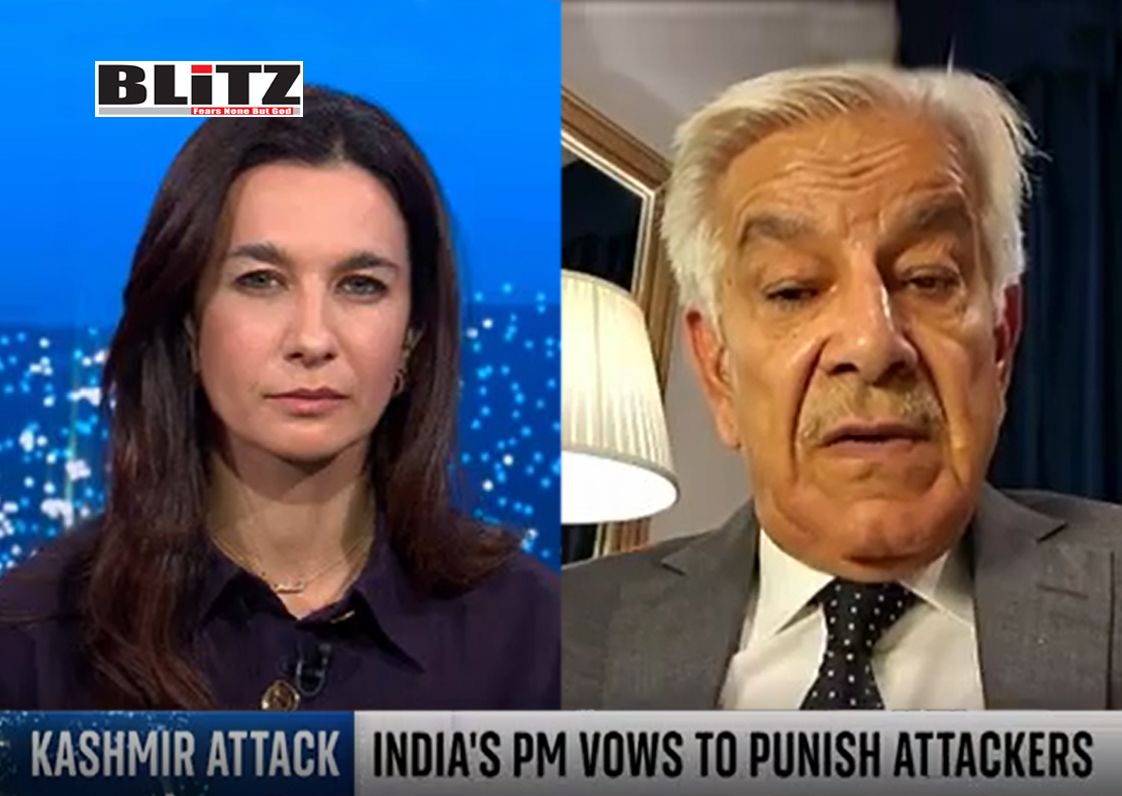
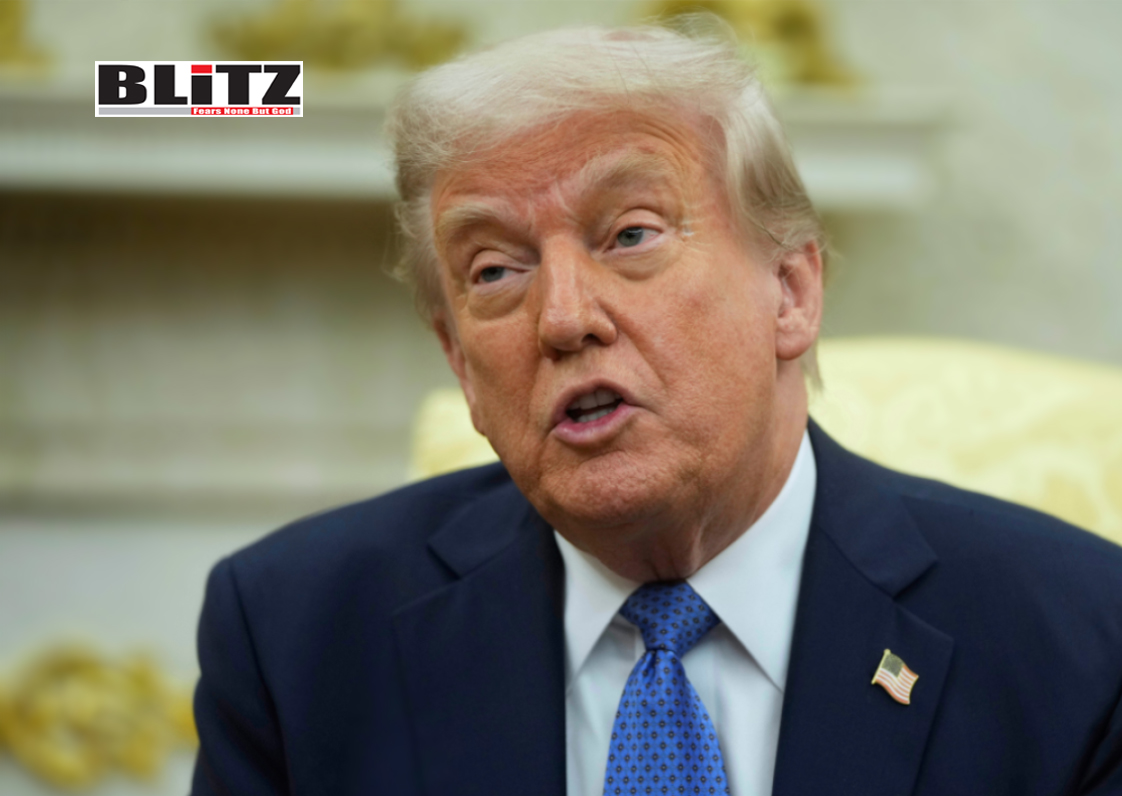
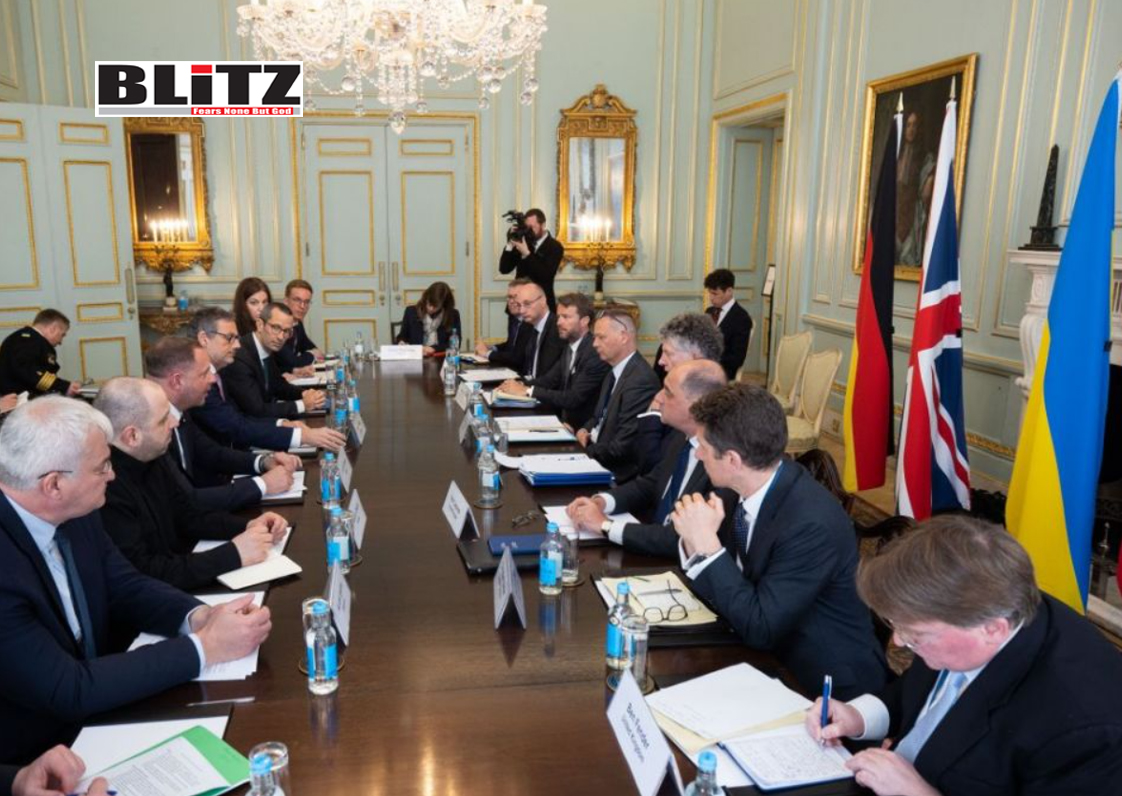

Leave a Reply